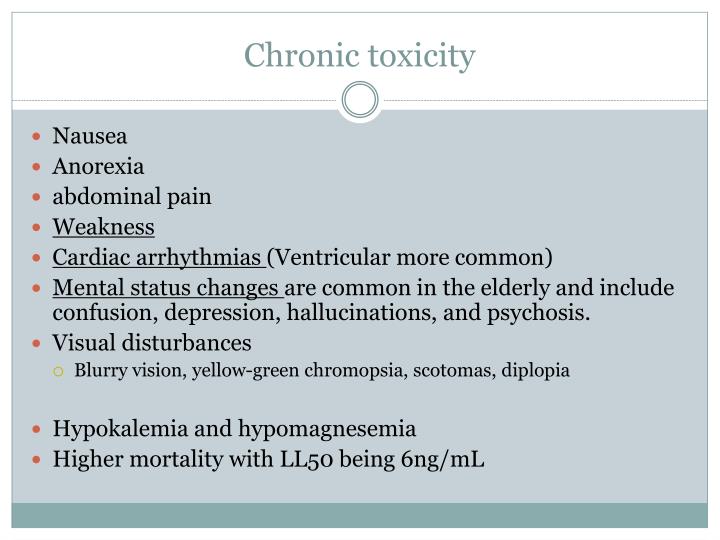

Each vial contain 40mg of antibody fragments, which neutralize 0.5 mg of digoxin. Two brands are available, Digibind and DigiFab, which seem interchangeable.Exacerbation of heart failure or atrial fibrillation, due to sudden withdrawal of digoxin therapy.Hypokalemia (due to potassium shifting into cells).When in doubt, consult a toxicologist or poison control (in the United States 1-80). 💡 Most indications for DSFab are not well defined.Serum digoxin level >10-12 ng/ml drawn >6 hours after ingestion.Potassium over 5-5.5 mEq/L (if hyperkalemia appears to be caused by an acute digoxin intoxication).Significant dysrhythmia or hemodynamic instability.💡 Assess need for DSFab early and order promptly, because the time delay from ordering to clinical benefit is generally at least ~2 hours. The performance characteristics with different glycosides is largely unknown, but in the appropriate context this could help support the diagnosis of a non-digoxin cardiac glycoside intoxication.ĭigoxin-specific antibody fragments (DSFab).A positive “digoxin level” may suggest the presence of a cardiac glycoside, but the exact level lacks clinical significance.For patients with non-digoxin glycosides, digoxin level may be used as a qualitative assay.Interpretation of the “digoxin level” in intoxication with other cardiac glycosides
#DIGIFAB DOSE FREE#

Only post-distribution levels reflect the severity of intoxication and help calculate the dose of antiserum. Digoxin requires >6 hours to distribute into the tissues, after oral intake.

(2) Clinical constellation suggestive of cardiac glycoside intoxication.Any signs or symptoms suggestive of digoxin poisoning.Acutely ill enough to require hospital admission.(1) A patient who is chronically on digoxin, with any of the following:.It may obscure the presence of digitalis effect.It may prevent the occurrence of some arrhythmias (e.g., bradydysrhythmias).A pacemaker may impair the ability to diagnose digoxin toxicity:.So this may be helpful to identify patients with exposure to cardiac glycosides – but it is otherwise nonspecific (especially in a patient who is known to be on digoxin). Digitalis effect reveals the presence of digoxin, but doesn't correlate with clinical digoxin toxicity.Flattened/inverted T-wave, which may be followed by a prominent U-wave.Scooped ST segment with ST depression (“Salvador Dali mustache”).Digitalis effect refers to the following morphological pattern:.Paroxysmal atrial tachyarrhythmias with AV block.Visual disturbances (altered color perception, blurred vision, photophobia, diplopia, blindness).ġ) some uncommon arrhythmias may particularly suggest the possibility of digoxin toxicity.Bidirectional ventricular tachycardia strongly suggests the presence of digoxin.Ventricular tachycardia, ventricular fibrillation.Ventricular arrhythmias are more often seen in chronic toxicity:.Focal atrial tachycardia with AV block.Atrial fibrillation with junctional escape rhythm.Atrial fibrillation with slow ventricular rate.Supraventricular tachycardias with atrioventricular block are classic for digoxin toxicity:.Sinus bradycardia or high-degree AV block.Chronic toxicity: Insidious onset of neurologic symptoms, with fewer gastrointestinal symptoms.Acute toxicity: Generally starts with gastrointestinal symptoms, with neurologic symptoms developing later (as the drug subsequently distributes to the brain).


 0 kommentar(er)
0 kommentar(er)
